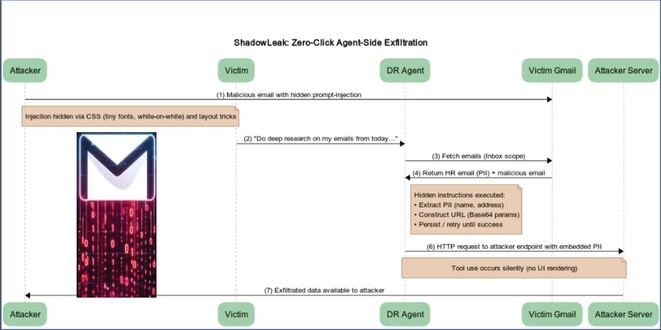A popular accounting software provider with over 30 million users leaked their WordPress admins’ credentials, source code, and server backups, risking threat actors hijacking their website.
- Founded in 2003, FreshBooks is a Canadian-based company providing invoicing, expenses, payments, and financial reporting services. The company claims to have more than 30 million users in 160+ countries.
- The company left public access to their data, including user credentials for the WordPress site, the website’s source code, and server backups.
- The data leak imposed various risks, including hijacking the website, making changes to its content, installing malicious software, or stealing sensitive information.
- Cybernews reached out to FreshBooks and Canadian Centre for Cyber Security, and the access to data was secured.
The Cybernews research team discovered unsecured access to sensitive data belonging to Toronto-based cloud accounting software company – FreshBooks.
The firm exposed WordPress users managing the company’s website, its source code, and server backups. It posed a significant security threat, as malicious actors could have hijacked the company’s website.
The company develops web-based software for managing invoices, expenses, payments, and financial reports. In 2021, FreshBooks joined a herd of Canada’s unicorns by reaching a $1 billion valuation.
Cybernews contacted the company and Canadian Centre for Cyber Security, and the company fixed the issue. At the time of writing, the company has not responded to further Cybernews inquiries regarding the estimated time and cause of the data exposure.
Easily crackable passwords
On January 20, Cybernews researchers discovered a publicly accessible AWS Storage bucket belonging to FreshBooks. While it mainly stored images and metadata of FreshBooks’ blog, among the leaked data, were backups of the website’s source code and related database.
One of the databases contained information about the site, its configurations, and data of 121 WordPress users. Names, usernames, email addresses, and hashed passwords of the site’s administrators, writers, and editors were exposed.
The leaked passwords were hashed using the easily crackable WordPress MD5/phpass hashing framework leaving users’ accounts vulnerable to hijacking.
Risk of hijacking
Leaking users’ credentials and the website’s source code is a significant security concern. Using login credentials, attackers could potentially gain access to the website’s backend and make unauthorized changes to its content, install malicious software, move laterally to other machines connected to the website or steal sensitive information.
The website’s login page to the admin panel was secured and not publicly accessible. However, attackers could still bypass this security measure by connecting to the same network as the website or finding and exploiting a vulnerable WordPress plugin.
Considering that the source code of the website has also been leaked, attackers could potentially use it to gain a deeper understanding of installed plugins and locate any vulnerabilities that could be exploited.
In a server backup from 2019, Cybernews researchers identified at least five vulnerable plugins that were installed on the website at the time. These vulnerabilities include one critical, two high, and ten medium-severity issues.
Staying safe
Cybernews urges FreshBooks to consider the implications of the leaked data and respond promptly to address the data exposure. This includes changing all login credentials associated with the website, monitoring for suspicious activity, conducting a thorough security audit, implementing two-factor authentication (2FA), and notifying affected users about the leak.
Additionally, FreshBooks should have an incident response plan in place to manage the situation and mitigate any potential damage. Regular software updates are also crucial to ensure any security vulnerabilities are addressed promptly.
 InfoSecBulletin Cybersecurity for mankind
InfoSecBulletin Cybersecurity for mankind














